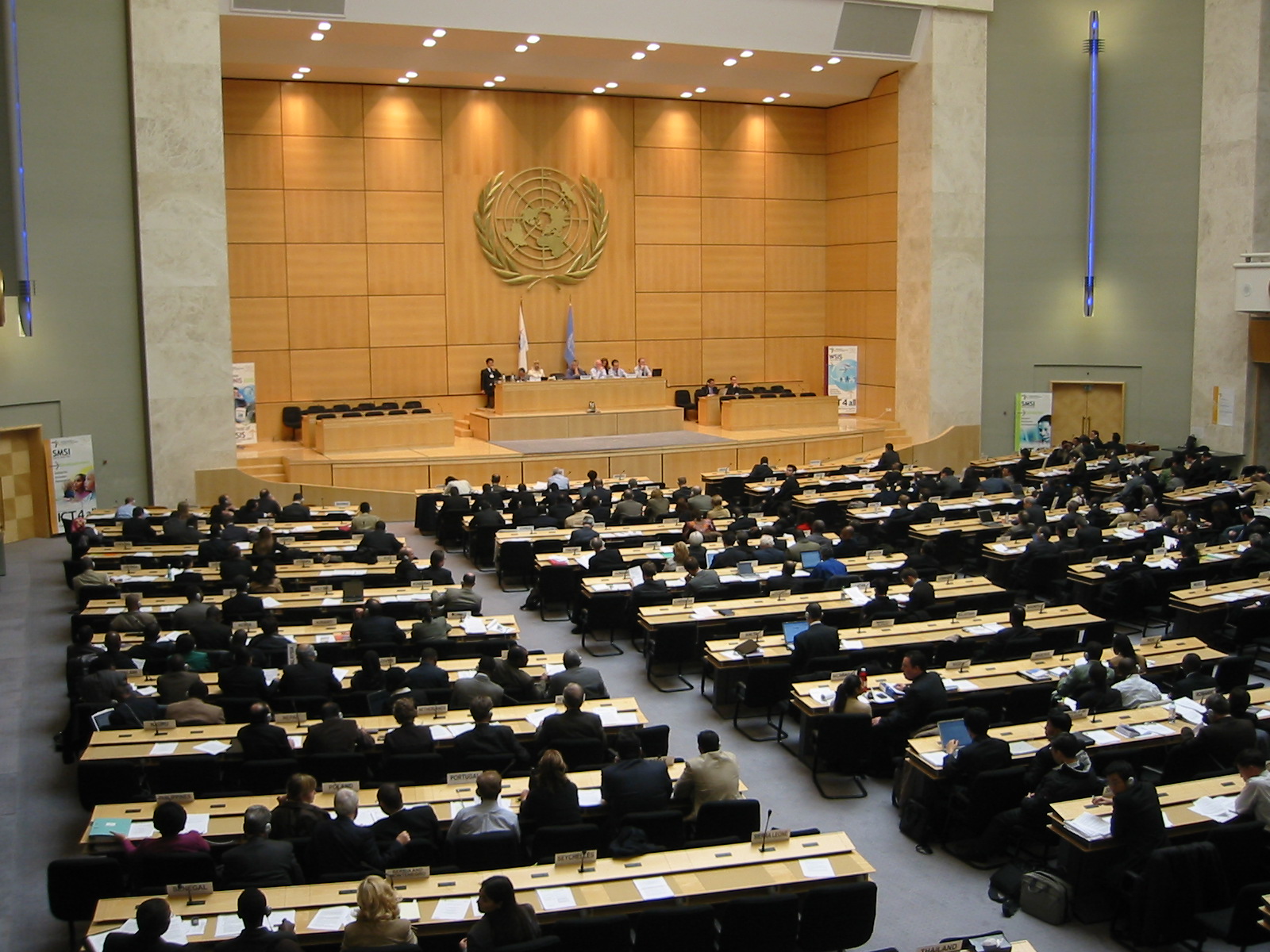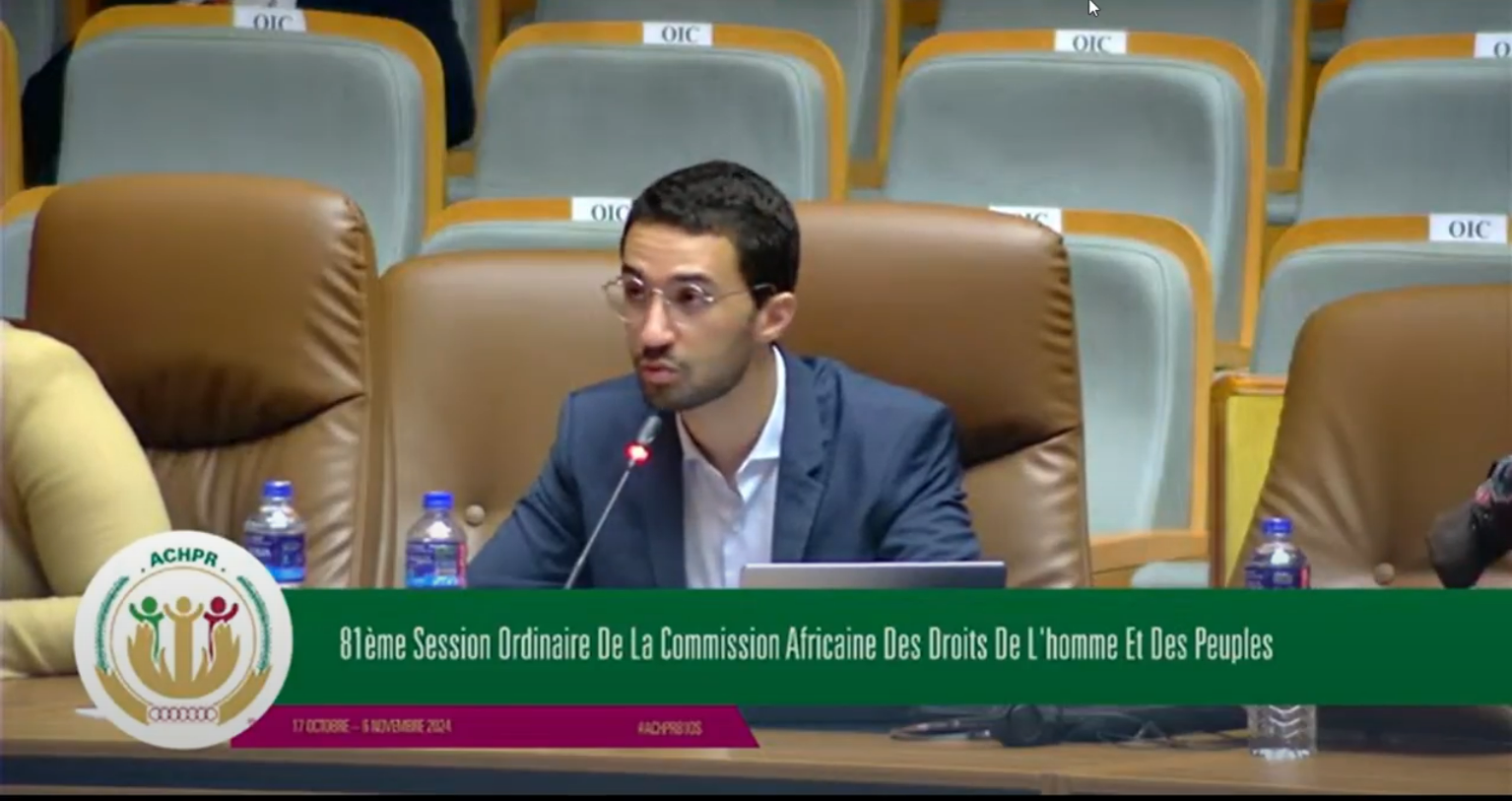On 21 October, as part of the 81st Ordinary Session of the African Commission on Human and Peoples’ Rights, ISHR delivered a statement on the situation of human rights in Africa under item 3.
During the discussion, which was open to interventions from civil society, States, and national human rights institutions, ISHR highlighted the challenges and threats faced by human rights defenders in particular in a number of countries.
Regarding Burkina Faso, ISHR focused on the forced enrolment of human rights defenders, journalists, magistrates, lawyers, and other members of civil society into the army to be sent to fight. Similarly, we denounced the enforced disappearances of members of civil society in the country. Serge Oulon from l’Evènement, Adama Bayala from Presse Echos, and Kalifara Séré from 7Infos are still missing at the time of writing. ISHR has called on the Burkinabè government to put an end to these practices.
Looking at Mauritius, ISHR discussed the threats faced by LGBTIQ+ human rights defenders, in particular threats of physical violence and the restriction of their activities, in spite of the recent decriminalisation of homosexuality by the country’s Supreme Court. ISHR has called on the Mauritian government to ensure proper protection for human rights defenders and to prosecute those who violate their rights.
In the Democratic Republic of the Congo (DRC), challenges remain with respect to the implementation of the law on human rights defenders. As ISHR reported, civil society continues to face undue restrictions with regard to freedom of association, namely in obtaining legal personhood. Moreover, anti-homosexuality laws have made clear the government’s intent to prosecute LGBTIQ+ persons, leading to even greater risks for those who defend their rights. ISHR has called on the government of the DRC to facilitate the exercise of the right to freedom of association and to fully implement the existing law meant to protect human rights defenders.
Finally, ISHR also called on the African Commission itself to improve access to information in its proceedings, demanding a progressive interpretation of article 59 of the African Charter on Human and Peoples’ Rights to ensure greater transparency in workings of the Commission for civil society, in line with international standards.
With respect to positive developments on the continent, ISHR noted that the process of adopting a new law on the protection of human rights defenders was moving ahead in the Republic of the Congo, thanks to civil society’s work.
Watch a recording of the statement here.




